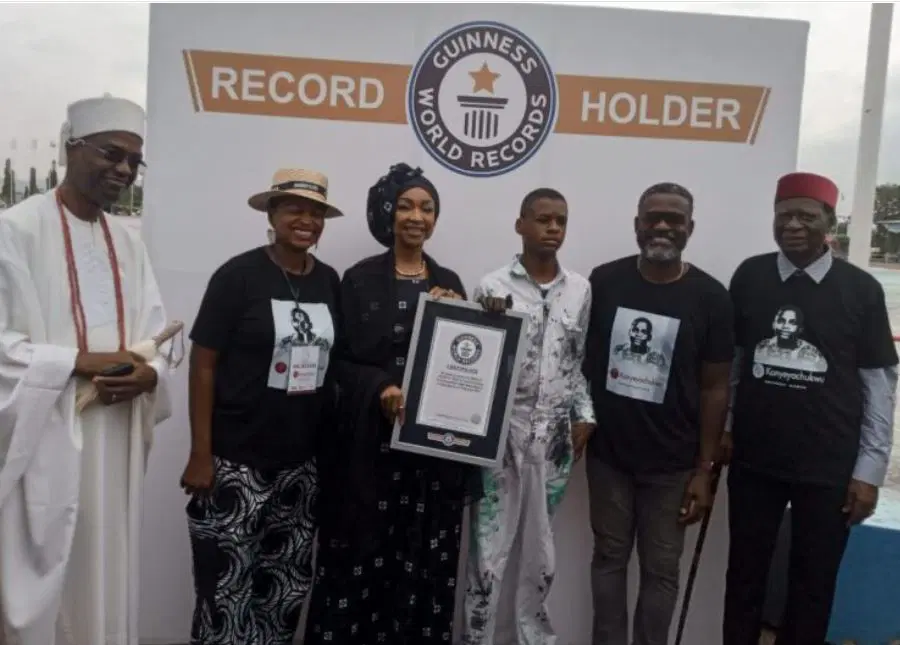
A Senior Research Fellow at the Nigerian Institute of International Affairs, Dr. Kester Onor, has said the recent exit of Niger, Mali, and Burkina Faso from ECOWAS marks a critical moment for the regional bloc, but the door remains open for their return.
Speaking in an interview with Arise News on Thursday, Dr. Onor acknowledged the sovereign right of nations to determine their alliances but emphasised that while the withdrawal is disappointing, ECOWAS has taken steps to maintain ties and facilitate future reintegration.
“In light of recent happenings, it is obvious that under the concept of national sovereignty, every country has the legitimate right to choose where they may belong,” he said.
“It’s needless to say it’s quite disappointing that they pulled out of ECOWAS at this juncture; however, we are optimistic that all hope is not lost.”
Despite the exit, Dr. Onor highlighted that ECOWAS still recognises the three nations as regional partners and has left the door open for future cooperation. “If you look at the windows of opportunity given to them by ECOWAS, they are still recognised as our own brothers.
“They would continue to do business within ECOWAS, even using the ECOWAS passport,” he stated.
“ECOWAS has equally that authority to the world body to recognise them and not deny them any benefit as of now.”
On the security implications of the withdrawal, Dr. Onor dismissed concerns that the move would disrupt regional stability.
“When it comes to regional security and collaboration, it’s obvious that even Niger, as we all know, is part of the Joint Multinational Task Force,” he said.
“For the fact that they are not part of ECOWAS for now does not mean that they are going to withdraw from other security collaborations.”
Addressing the possibility of their return, he pointed out historical precedents of countries that had previously left ECOWAS and later sought reintegration.
“The possibility of their coming back is quite obvious, considering the fact that they are not the first to pull out of ECOWAS. Even the other country that pulled out tried coming back, but ECOWAS placed them on a particular status for now,” he explained.
He also linked their withdrawal to ongoing political instability. “Considering these three countries are under military juntas as of now, we are hopeful that by the time they return to democratic governance, they will reconsider their decision,” he said.
However, he cautioned that geopolitical rivalries could influence the situation. “We should not be mindful of the superpower rivalries that are taking place right now.”
Looking ahead, Dr. Onor urged ECOWAS to remain united and strengthen its institutions. “I’m looking forward to ECOWAS coming together regardless of the superpower rivalry, galvanising themselves, and bringing each other together. I believe that in the nearest possible future, these countries will come back to ECOWAS.”
Reflecting on whether ECOWAS could have handled the situation differently, he said, “Mistakes may have been made here or there, but this is not a period for blame games. ECOWAS has lifted the sanctions and given them favorable conditions for reintegration.”
He reiterated the need for institutional reforms, stating, “It’s a clarion call for ECOWAS to come together to strengthen the organisation through strong institutions and laws that will guide it toward the desired end.”
Despite the current challenges, Dr. Onor remains optimistic about ECOWAS’ future. “Every international organisation has its ups and downs, and if you look at the globe, we are at a crossroads, with crises everywhere.
The fact that three countries have left ECOWAS does not diminish what the remaining 12 countries are doing. ECOWAS will continue to work and grow stronger,” he concluded.
Boluwatife Enome
Follow us on:
















